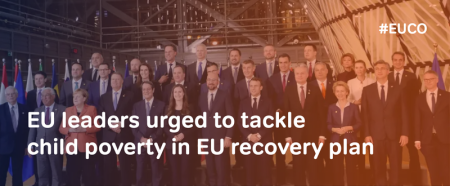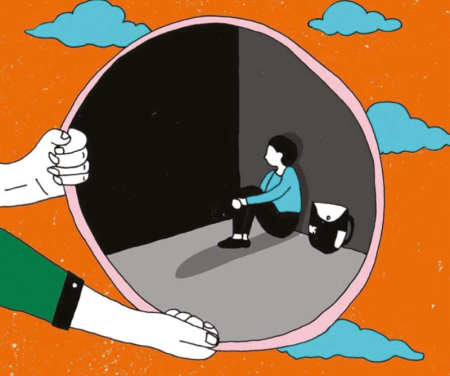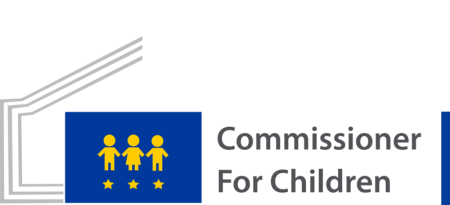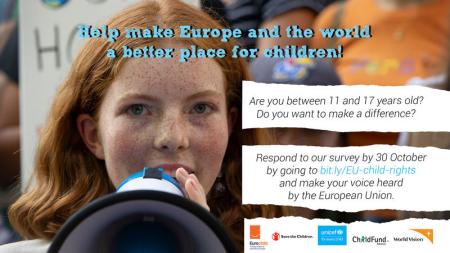
After five days of tense and arduous negotiations, EU leaders have finally reached an agreement on the EU Recovery Fund and the next EU long-term budget. Regrettably, the agreed text does not require EU Member States to invest at least 5% of ESF+ resources for tackling child poverty, as previously demanded by both European Parliament and Commission. The European Parliament now has a possibility to make sure that this pivotal earmarking will be included in the future ESF+ Regulation.
On Tuesday 21 July, EU leaders reached an agreement on an unprecedented plan on the European Recovery Fund and the next EU long-term budget (the so-called Multiannual Financial Framework - MFF). After five days of intense negotiations, EU leaders agreed to jointly borrow €750 billion to respond to the COVID-19 pandemic and set up the EU’s new recovery fund. The fund will be composed of €390 billion in grants (down from €500 billion in the original proposal) and €360 billion in loans (up from €250 billion). This instrument will be attached to a new €1.074 MFF, on which heads of state and government also reached a unanimous agreement — bringing the total financial package to €1.82 trillion. All this goes alongside the three safety nets endorsed by the European Council on 23 April 2020. The safety nets aim to support workers, businesses and sovereigns with a package worth €540 billion. Most of the COVID-19 recovery fund — €312.5 billion in grants and €360 billion in loans — will be spent through a new Recovery and Resilience Facility (RRF) to help countries get their economies through the crisis. The grant portion is linked to national recovery plans: this means that countries will get pay-outs based on their progress toward certain targets.
On a less positive note, EU national leaders ended up making what the President of the European Commission, Ursula von der Leyen, defined as "regrettable" cuts to the budget in important fields such as health, climate, research and migration. The seven year budget is smaller than what the Commission had wanted. The European Social Fund Plus (ESF+) is also less than initially proposed in 2018, but at €87.9 billion did not suffer too big a loss.
Moreover, the agreement does not require Member States to allocate at least 5% of their ESF+ resources to implement measures that reduce child poverty, as previously demanded by the European Parliament, European Commission, and the EU Alliance for investing in Children (EU Alliance). The document approved by EU leaders merely states that “the ESF+ will provide comprehensive support to (…) social inclusion and poverty reduction, including child poverty”.
"While we welcome our EU leaders coming together to forge a deal on a recovery package, no one should be left behind as we build Europe back from the crisis. The impact of school closures, reduced social interaction and increased risk of poverty put children's development at risk.
If not properly addressed, we will see the effects of the pandemic last a generation. Children's needs must be at the forefront of the EU budget and recovery plans. This injection of investment needs to be directed at building a better future. Protecting children from the fallout of COVID-19 pandemic is the most efficient way of securing more prosperous and inclusive societies."
- Jana Hainsworth, Secretary General, Eurochild.
Eurochild and the EU Alliance partners have promptly reacted expressing their disappointment for this missed opportunity and urging the European Parliament to tackle child poverty and champion children’s rights. Indeed, the Parliament will play a crucial role in the next months; not only will it have to give its consent to the Council agreement, but it will also have to negotiate with the Council the way in which the ESF+ and other 36 EU programmes are spent (in what is commonly defined as trilogue). This negotiation will be a crucial occasion to make sure that the 5% earmarking will be part of the final ESF+ Regulation. Specifically, we asked the European Parliament to:
- Support the mandate adopted by the European Parliament in April 2019 on the European Social Fund Plus, in particular as regards the requirement that every Member State invests at least 5% of ESF+ resources under shared management for tackling child poverty.
- Include in the European Parliament’s Resolution on the European Council Conclusions of 21 July 2020 the need to invest in children, to increase the protection of those in vulnerable situations and to eradicate poverty and in particular child poverty via the European Child Guarantee.
Several political groups have tabled a motion for a resolution confirming Parliament’s readiness to enter into negotiations immediately and setting out the conditions for its consent to the MFF. This resolution mentions the Child Guarantee as a priority needing attention in the budget. With regards to the MFF, Parliament’s negotiators welcomed the fact that the European Council eventually reached a common position, as well as the launch of a recovery instrument financed through borrowing. However, they were critical of essential elements of the compromise, such as cuts to the core MFF long-term investments, and warned that Parliament’s consent should not be taken for granted. They noted that if Parliament’s conditions are not met sufficiently, the recovery instrument could be launched while programmes could be adopted on the basis of the current MFF.
Eurochild is firmly committed to monitor and influence this process and to urge European Institutions to efficiently tackle child poverty. In the next months, we will continue to call for the 5% earmarking in the ESF+ Regulation and to make sure that children’s rights will be at the heart of European policy-making.















